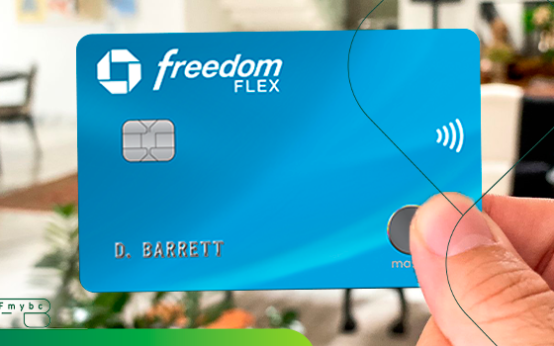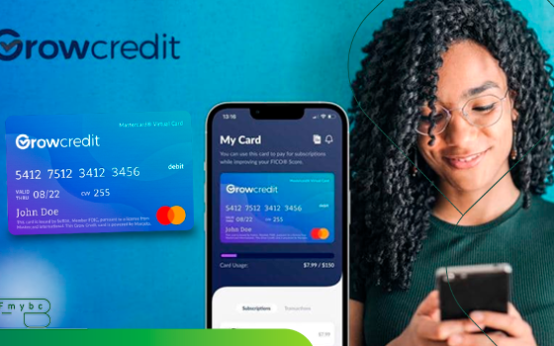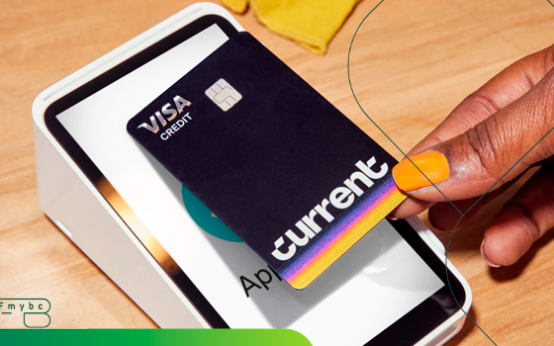We can’t deny that credit cards are making our life easier in so many different ways. However, with great power comes great responsibilities.
Credit cards often come with a huge amount of fees that can mess up your financial life if you miss a payment, spend more than your budget, or take other actions outside of normal purchases.
That’s why it’s essential for cardholders to be aware of the numerous fees they may incur. If you want to avoid credit card fees you’re in the right place. Below, we explain the most common credit card fees and how to avoid them to save your money!
1. Annual fee
We need to pay for every service we use and with a credit card it’s no different.The annual fee is the amount charged for the card to be used. In other words, it’s a fee charged just for having the card.
Annual fees can be from $95 to upwards of $500 and will depend on credit card perks. For instance, the best credit cards typically charge higher annual fees.
Furthermore, while some cards may waive the annual fee for the first year, most cards charge the same fee every year.
How to avoid annual fees
Although, you don’t need to pay a fee just for having a credit card. Nowadays, there’s a lot of no-annual-fee cards such as the Citi® Double Cash Card for those with excellent credit, and the Capital One QuicksilverOne Cash Rewards Credit Card for those with fair or average credit.
Plus, if you already have an annual-fee card, ask for a retention offer or downgrading to a lower or no-annual-fee alternative.
2. Interest charges
If you don’t pay off your balance in full each billing cycle, credit cards will charge interest. The amount of interest you’re charged will depend on your credit score and on credit card type. Anyway, it’s listed on your cardholder agreement as your annual percentage rate (APR).
Furthermore, despite some cards having fixed APRs, most cards charge variable APRs, which fluctuate with the prime rate. Therefore, check your online account and/or your most recent bill to see what APR is being charged to you each billing cycle.
However, don’t forget that taking out a cash advance such as other actions aren’t included in the grace period and you will accrue interest from the day you withdraw money.
How to avoid interest charges
This type of fee is the easiest to avoid: you just need to pay your bill in full every month. However, we know that unforeseen events happen and in the case you can’t afford to pay your bill in full, we recommend to reduce your spending or consider a 0% APR card that doesn’t charge interest for up to 21 months, such as Citi Simplicity® Card and Farmers National Bank Platinum Visa® Credit Card.
Just keep in mind that 0% APR cards provide temporary relief from interest and you need to make minimum payments and pay your balance in full before the intro period ends to avoid interest.
3. Balance transfer fee
When you transfer debt from one credit card to another card, the credit card issuer will charge a 3% to 5% fee per transfer, with a $5 or $10 minimum fee.
How to avoid balance transfer fees
Although balance transfer fees can be outweighed by the amount of money you save during the interest-free period, there are credit cards that don’t charge it. However, it’s necessary to have a good to excellent credit score.
4. Cash advance fee
Many people think that cash advances are an easy way to get cash fast, but keep in mind that come at steep costs. Typically, the card issuers charge a 3% or 5% fee per cash advance which can add up if you withdraw hundreds of dollars.
How to avoid cash advance fees
If you’re considering taking out a cash advance, try first borrowing money from family or friends or taking out a personal loan, because they usually offer better terms.
5. Foreign transaction fee
Foreign transaction fee is charged when you make purchases outside the U.S. each time you swipe your card. Typically, this fee is around 3% per transaction.
How to avoid foreign transaction fees
There’re many cards with no foreign transaction fees, such as the Capital One® Platinum Credit Card and other travel credit cards.
6. Late payment fee
Late payment fee is very easy to understand: every time you pay your credit card bill late, card issuer will charge a fee from up to $29 for first-time instances and up to $40 for subsequent violations made within six billing cycles.
How to avoid late payment fees
There are some credit cards that have no late fees, such as the Citi Simplicity® Card although we still recommend you pay at least the minimum by your due date.
This can help to increase your credit score, because payment history is the most important factor of your credit score. You can set up autopay for your minimum due to make sure you’re never late.
7. Over-the-limit fee
According to the CARD Act of 2009, an over-the-limit fee needs your approval. This fee is charged when you exceed your credit limit, though it can’t be greater than the amount you spend over your limit.
When you try to spend over your limit, your transaction is denied. However, if you pay a fee of up to $35, you can opt to approve this transaction.
How to avoid over-the-limit fees
Avoiding this fee is very simple: just don’t opt in to over-the-limit fees since the perks are low. We recommend using your credit limit below 10% and also set alerts for when you’re approaching your credit limit.
8. Returned payment fee
The card issuer may charge you a fee, usually up to $40 that is tacked onto your bill, when you schedule a payment for your credit card bill, but don’t have enough money in your bank account. We call it a returned payment fee because your payment is returned.
For example, if you schedule a $800 bill payment but there’s only $600 in your checking account.
How to avoid returned payment fees
Don’t forget to check if there’s sufficient funds in your bank account before you schedule any payments.


 Chase Freedom Cards: How to Choose, Use, and Save <p style='font-size:14px;'>Dive deep into Flex, Unlimited, and Rise to earn more and spend smarter</p>
Chase Freedom Cards: How to Choose, Use, and Save <p style='font-size:14px;'>Dive deep into Flex, Unlimited, and Rise to earn more and spend smarter</p>  Revisión De La Tarjeta Grow Credit Mastercard <p style='font-size:14px;'>Si buscas una manera efectiva y sin riesgos de mejorar tu crédito, la tarjeta Grow Credit Mastercard es una excelente alternativa.</p>
Revisión De La Tarjeta Grow Credit Mastercard <p style='font-size:14px;'>Si buscas una manera efectiva y sin riesgos de mejorar tu crédito, la tarjeta Grow Credit Mastercard es una excelente alternativa.</p>  Revisión De La Tarjeta de Crédito Current Build Visa <p style='font-size:14px;'>Si estás listo para tomar el control de tus finanzas y mejorar tu crédito, la tarjeta Current Build Visa es tu mejor opción. </p>
Revisión De La Tarjeta de Crédito Current Build Visa <p style='font-size:14px;'>Si estás listo para tomar el control de tus finanzas y mejorar tu crédito, la tarjeta Current Build Visa es tu mejor opción. </p>